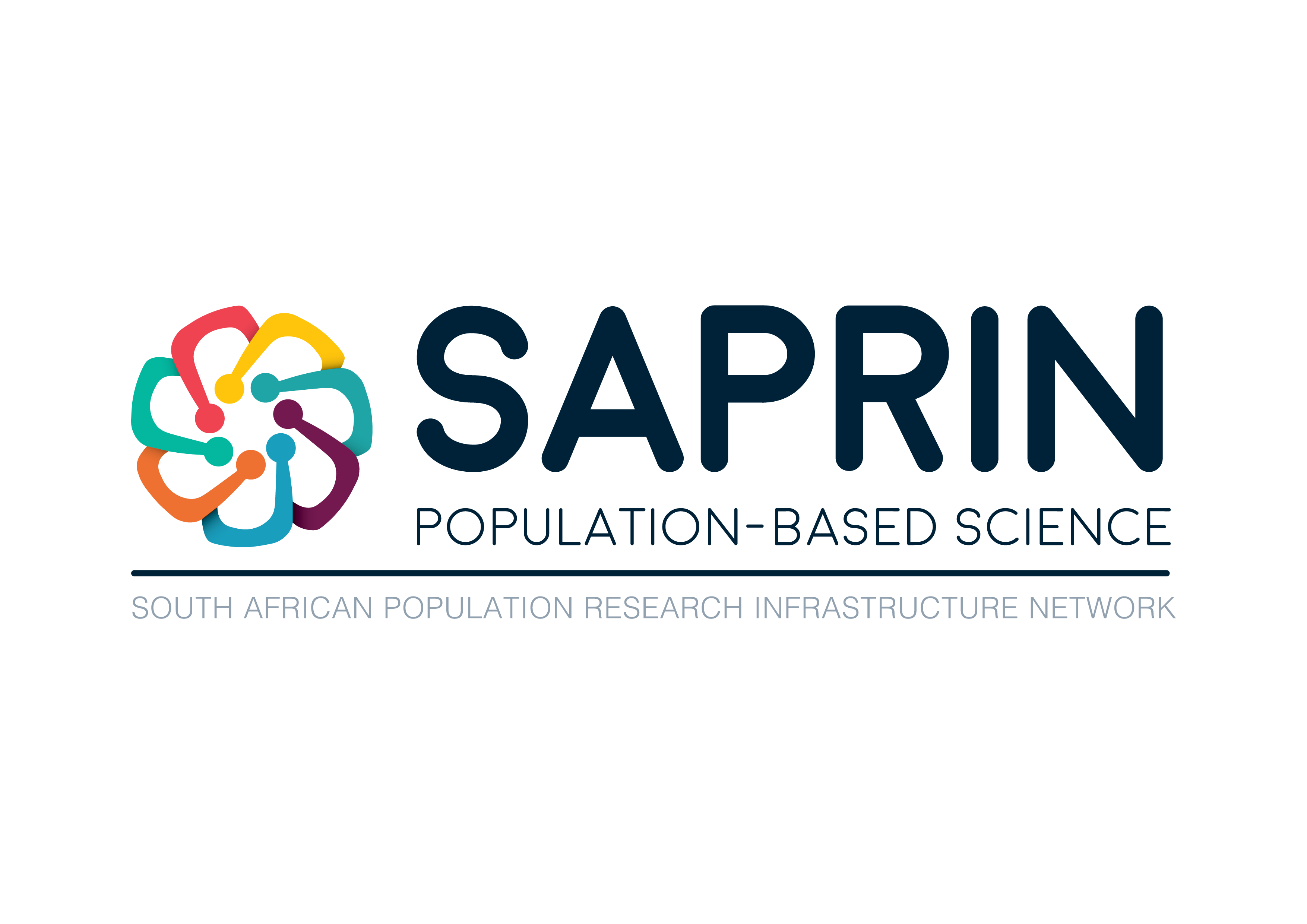South African Population Research Infrastructure Network launches two new urban nodes to expand to a nationwide network and improve response to COVID-19 and other epidemics
Cape Town | With the advent of the Covid-19 pandemic in South Africa, the value of the South African Population Research Infrastructure Network (SAPRIN), has once again been reiterated.
SAPRIN, a national research platform funded by the Department of Science and Innovation (DSI) and hosted by the South African Medical Research Council (SAMRC), recently responded rapidly to the Covid-19 emergency by developing a surveillance protocol that was implemented within a month of the first case reported in the country. The research involves ongoing telephonic interviews to screen for COVID symptoms in more than 60 000 rural households in Mpumalanga, Limpopo and KwaZulu-Natal.
According to SAPRIN Director, Dr Kobus Herbst, the Network will continue to monitor the demographic, social, health and socio-economic well-being of the entire study-population. “The impact of Covid-19, and its related ‘lockdown’ policies, will be carefully observed, while feeding back this vital information to policy makers and planners”, said Herbst. He adds that the initiative had already contributed data to the HSRC’s assessment of the impact of the pandemic on households and in future will provide more insights into the pandemic in South Africa, particularly in reference to its interaction with HIV and TB.
Two new urban population nodes
To expand to a national network and to improve its response to COVID-19 and other epidemics, SAPRIN has recently added two new Health and Demographic Surveillance System (HDSS) nodes in Gauteng and Western Cape provinces.
In Gauteng, the new node has been awarded to the Gauteng Research Triangle (GRT), a consortium which is a collaboration of the three research universities: University of Witwatersrand (Wits), University of Pretoria (UP) and the University of Johannesburg (UJ). The planned sites will be in Atteridgeville and Melusi in the north-western part of the Tshwane Metro, and in Hillbrow at the very centre of Johannesburg.
In response to being awarded the node, Professor David Everatt from GRT, said they have assembled a remarkable team for the project, and will be building in a multidisciplinary approach from the outset, to ensure that the analysis of vital statistics, migration and other key data generated from multiple angles. “Our approach is not only to ensure the most accurate and quality vital statistics data possible, but to understand it in its specific urban context, including issues such as differing urban forms, inequality and the like”, said Everatt.
In the Western Cape, a broad-based consortium, under leadership of Western Cape Government Health, including UCT, SU and UWC, SAMRC, HSRC and CBOs, will oversee the node. The node will span two areas Nomzamo and Bishop Lavis in the City of Cape Town metropole.
Professor Andrew Boulle from the Cape Town Surveillance through Healthcare Action Research Project (C-SHARP), says they are delighted to join SAPRIN and will help pioneer a form of engaged scholarship which contributes to improved service delivery – both directly through the activities in the node, and indirectly through improved understanding of the challenges facing the residents and service providers in impoverished urban communities.
“We plan to embed the node in existing community health worker services as part of the community-oriented primary care approach. This will ensure alignment between surveillance activities conducted as part of service delivery, and those required to contribute to SAPRIN” he added.
Dr Herbst continued, “The two new urban nodes will expand the SAPRIN national research platform to five nodes that are linked together and are expected to considerably strengthen the basis for conducting research, providing evidence for policy-making and research training. In the future, the network will be expanded to seven nodes and eThekwini will follow as part of the expansion. With the new nodes, the research network will cover an inclusive spectrum of the impoverished yet dynamically developing populations, and incorporate, bi-directional migration flows linking poor, rural communities with urban centres.”
This research platform will provide a key contribution to South Africa’s information-base on how to understand and combat the Covid-19 epidemic in all parts of the country.
NOTE TO EDITOR
About SAPRIN
Established under the ambit of DSI’s South African Research Infrastructure Roadmap (SARIR), SAPRIN is a major investment in research infrastructure which aims to help South Africa respond to some of its biggest issues – including poverty, inequality, unemployment, and lack of access to effective health care.
In 2019, the Network released its first population dataset since its inception in 2017 – the dataset monitors the health and wellbeing of people over time in order to gather new information on the situation of poorer South Africans. All data harvested by SAPRIN is to be tested to provide hard evidence to policy makers in order to influence programmes in the Departments of Health, Social Development, Home Affairs, Basic Education, and others.
Issued by: South African Medical Research Council and the Department of Science and Innovation
SAPRIN Enquiries:
Dr Kobus Herbst
Director: SAPRIN
Tel: +27 31 203 4727
Email: Kobus.Herbst@mrc.ac.za
Media Enquiries:
Veronica Mohapeloa
Deputy Director for Media Liaison: DSI
Tel: +27 83 400 5750
E-mail: Veronica.Mohapeloa@dst.gov.za

